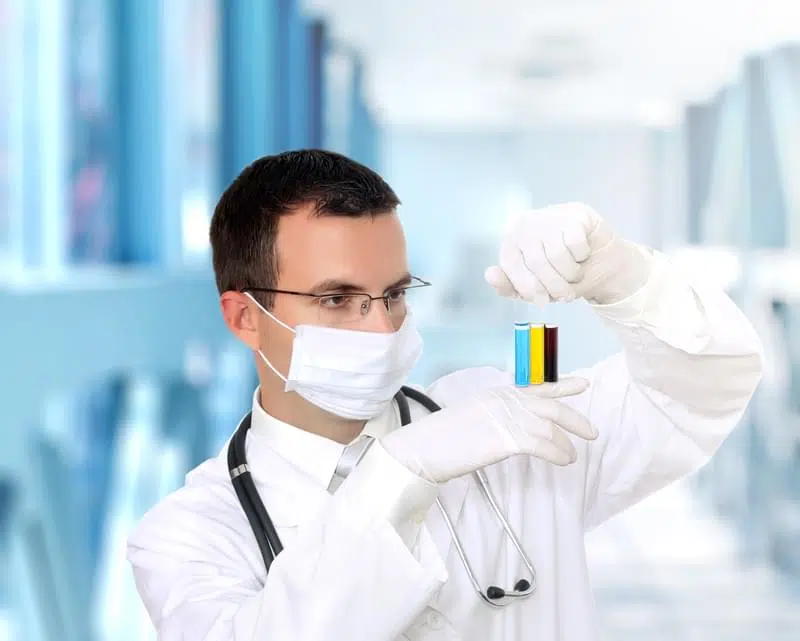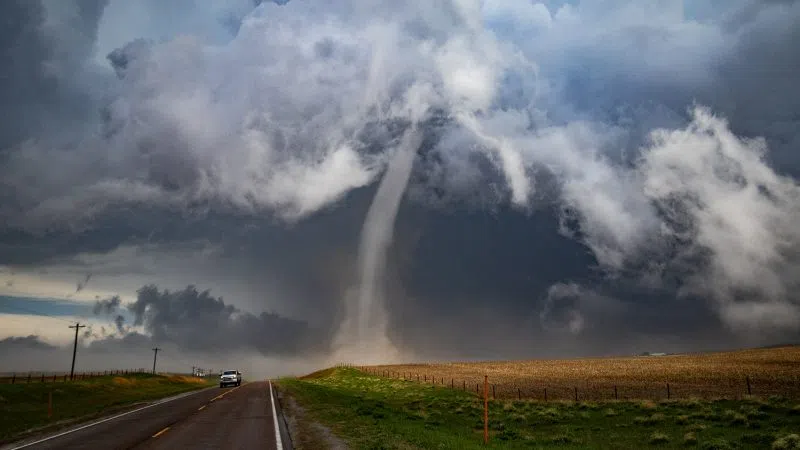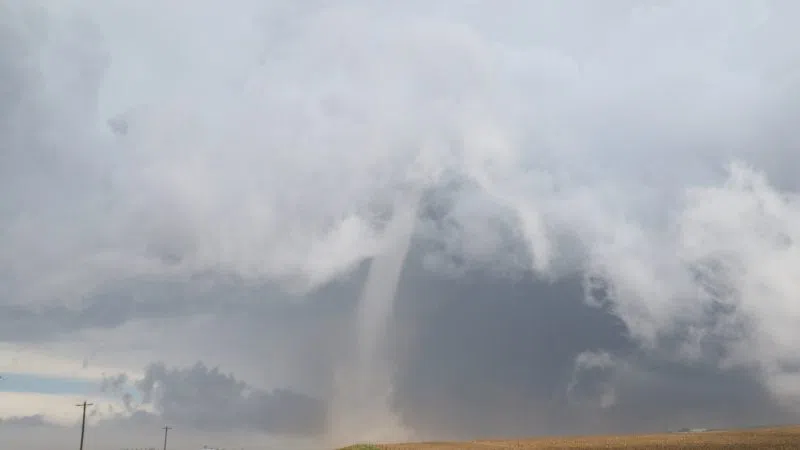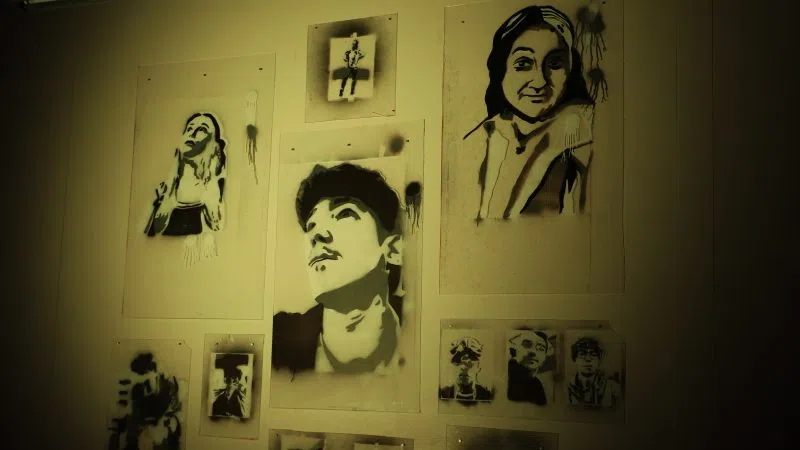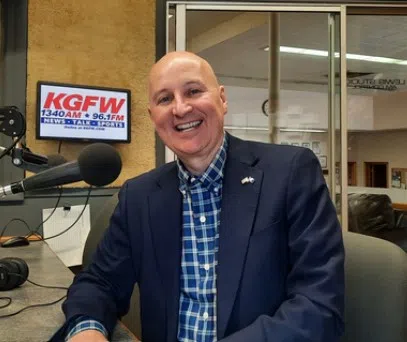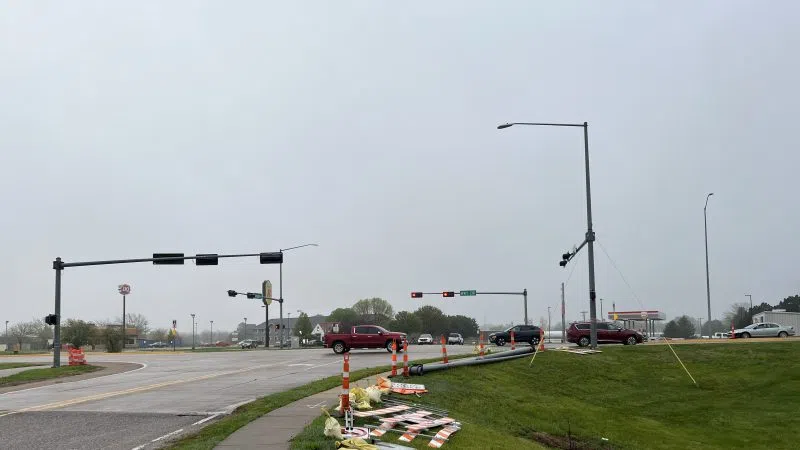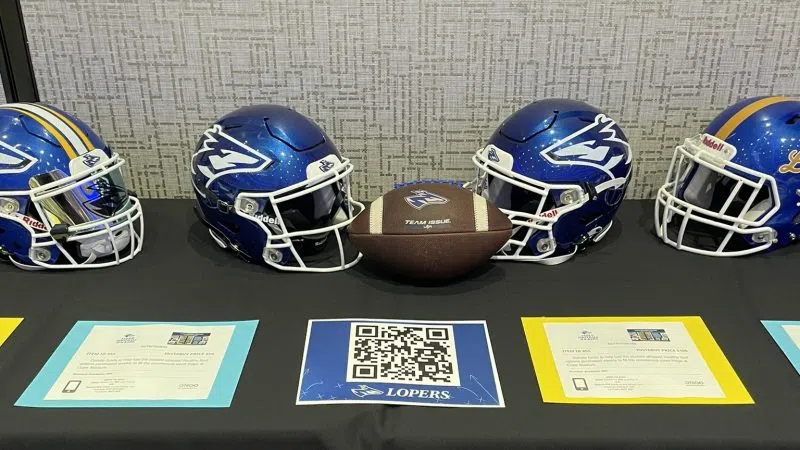OMAHA, Neb. – (KGFW) CHI Health Infectious Diseases Experts Dr. David Quimby and Dr. Runega Vivekenandan hosted a zoom conference to discuss the COVID-19 vaccine trials from Pfizer and Moderna. Dr. Quimby addressed the question, “Do people no longer have to wear a mask if they’ve received a vaccination?”
“Unfortunately no. The reason why is the way the vaccine trials worked, is they gave people vaccine and then saw if they got clinical evidence of infection and if so tested to see if they had COVID. They did not every week swab them to see if they had an asymptomatic infection or something like that.”
“So what we don’t know is if you get a vaccine if you could have an asymptomatic infection and still spread to other people that haven’t had a vaccine. Until we know information like that, it is much better to wear a mask to protect other people that haven’t had a vaccine yet.”
While not as severe as catching COVID-19 on its own, there is still a small sample size that has been infected after receiving a vaccination.
“It is clear you can still get infected if you get vaccinated. In the release data from the Pfizer and Moderna trial, there was a handful of people that still had infections after a second dose of vaccine.”
“It is a whole lot less than people that didn’t get a vaccine. There were not very many serious illnesses in those that got the vaccine but they still had infection.”
Dr. Vivekenandan shared her experience with the Moderna trial.
“With my first shot I had some fatigue and with my second vaccination 28 days later I had a little bit of flu like symptoms, fatigue, muscle ache, pain at the injection sight and fevers. For me these lasted less than 24 hours.”
“After seeing and taking care of so many patients with COVID-19 infection, the discomfort I feel for 24 hours is ok if I’m protected towards a COVID-19 infection.”
Dr. Vivekenandan also addressed the skepticism around the potential that a new vaccine could alter someone’s DNA.
“It’s called messenger RNA or mRNA. It stimulates our body’s cells to produce the antibody, but it does not enter into the nucleus where our DNA is kept. It doesn’t get in there.”
“It stays outside, stimulates our bodies to produce the antibodies that need it. When we’re exposed to COVID-19 infections, we make the antibodies to fight the infection.”
Dr. Quimby says getting back to normal is not as simple as just having a vaccine available. He says many will need to be vaccinated before we can do things like hosting events at full capacity.


